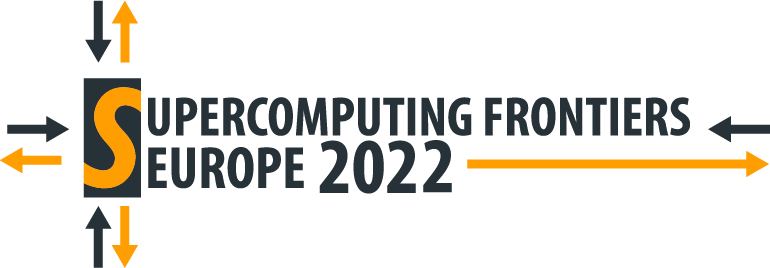Virtual ICM Seminar with prof. David Winkler: “Computational insights into the origin of SARS-CoV-2 and repurposing of drugs for COVID-19”
In the last 20 years the world has been threatened with three different coronavirus. With the current pandemic still far from over, there is an urgent need to understand where the virus came from, and to find new drugs to treat COVID-19, the disease caused by SARS-CoV-2. We can assume this will not be the last coronavirus to threaten humanity, hence we need better tools to track virus origin, and to identify drugs active against future coronavirus threats.
During his presentation, David will show one of the key and surprising findings of his drug screens, which is that the anthelminthic drug Ivermectin is able to inhibit multiple SARS-CoV-2 protein targets, potentially making it difficult for SARS-CoV-2 to develop resistance to it.
This time the seminar will be held at 9 am CEST. Join us and learn how computational screening pipeline can be expanded in the future to identify drugs with broad spectrum activity against a wide diversity of coronaviruses.
Don’t wait and grab your FREE ticket to #VirtualICMSeminar, this Thursday at 9am CEST!
Meet David Winkler, a Professor of Biochemistry & Genetics at La Trobe Institute for Molecular Science at La Trobe University, an adjunct Professor of Medicinal Chemistry at the Monash Institute for Pharmaceutical Sciences, a visiting Professor in Pharmacy at the University of Nottingham, and a Fellow in evolutionary robotics at CSIRO Data61. David has an unusually broad formal training in chemistry, physics, chemical engineering and radio-astronomy. His current research interests include: molecular design, computational chemistry, QSAR, complex systems, molecular modelling, stem cell modelling and simulation, computational nanotoxicology, design of materials, tissue engineering and biomaterials.
In this talk David will discuss:
- how to estimate the #SARSCoV2 susceptibility of humans and other important animal species using in silico computer modelling and screening approaches;
- how state-of-the-art computational methods can rapidly identify drugs from existing drug libraries that might be able to be repurposed to treat COVID-19 patients.
Register Now!
Supercomputing Frontiers Europe 2021
Virtual ICM Seminars in Computer and Computational Science are a continuation of the Supercomputing Frontiers Europe conference, which took place virtually in March 2020 and will be back with the new HPC trends to explore in the summer 2021.
Dates to remember:
- Supercomputing Frontiers Europe 2021 Conference: July 19-23, 2021
- Call for Paper deadline: May 31, 2021
About Virtual ICM Seminars in Computer and Computational Science
Since March 2020, mora than 2500 people have participated in virtual meetings organized by ICM (SCFE + 17 seminars) from almost all the time zones. The https://registration2021.supercomputingfrontiers.eu/ website with access to the SCFE and seminars’ recordings, has been viewed by more than 17k visitors from 122 countries.
Worldwide Open Science online meetings in HPC, Artificial Intelligence, Quantum Computing, BigData, IoT, computer and data networks are a place to meet and discuss with such personalities as Hiroaki Kitano (Systems Biology Institute, Tokyo / Sony Computer Science Laboratories), Stephen Wolfram (Founder & CEO, Wolfram Research), Alan Edelman (MIT), Aneta Afelt (ICM University od Warsaw, Espace-DEV, IRD Montpellier France), Simon Mutch (University of Melbourne) or Scott Aaronson (University of Texas at Austin).
For the listing of all ICM seminars please check this link with recordings.
The organizer of meetings with outstanding scientists is the Interdisciplinary Centre for Mathematical and Computational Modelling (ICM), University of Warsaw.

